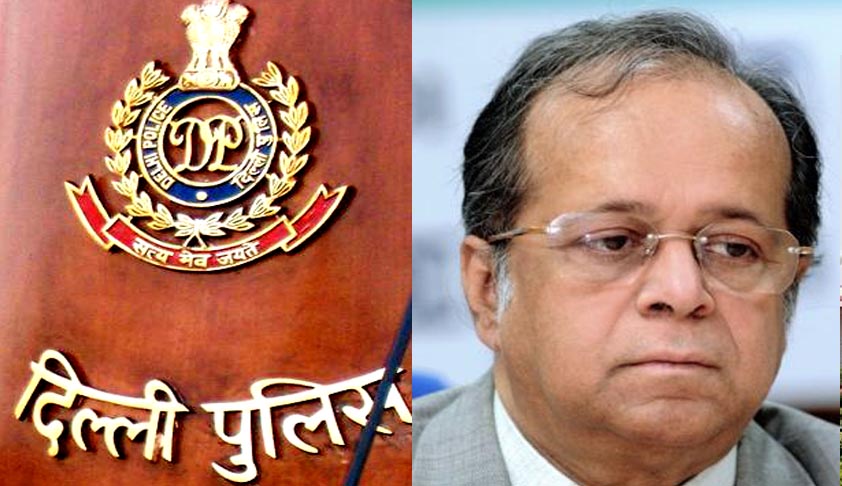Intern Sexual Harassment: Section 354 or Section 354A IPC?
LIVELAW NEWS NETWORK
10 Dec 2013 1:15 PM IST

Next Story
10 Dec 2013 1:15 PM IST
The Times of India has carried a news item “If booked under Sec 354A, Ganguly may get 3 years in jail”. No doubt, under the amended Indian Penal Code, any man who commits the offence specified in section 354 A i.e. Sexual harassment, shall be punished with rigorous imprisonment for a term which may extend to three years, or with fine, or with both. However, the fact is, the amendments...
